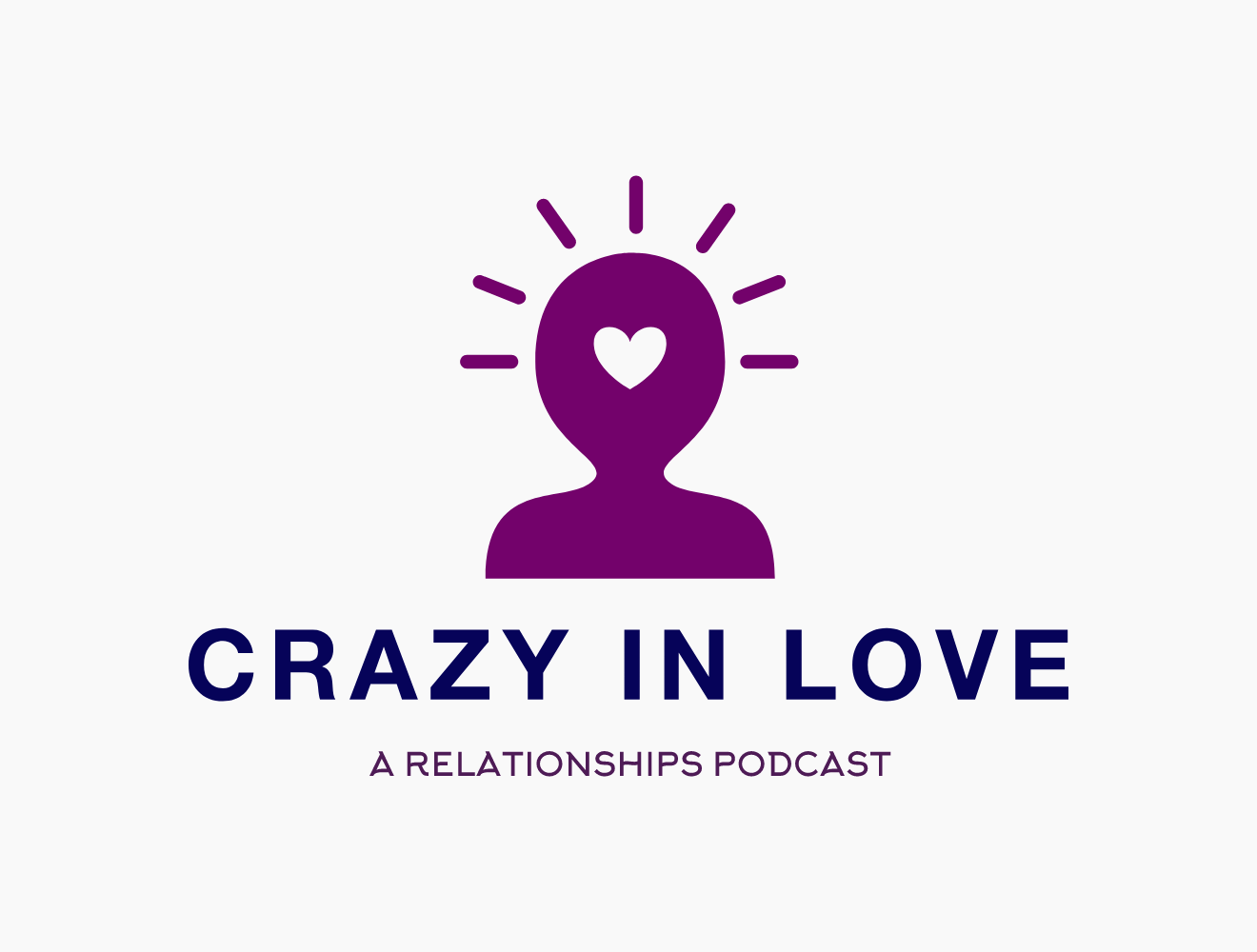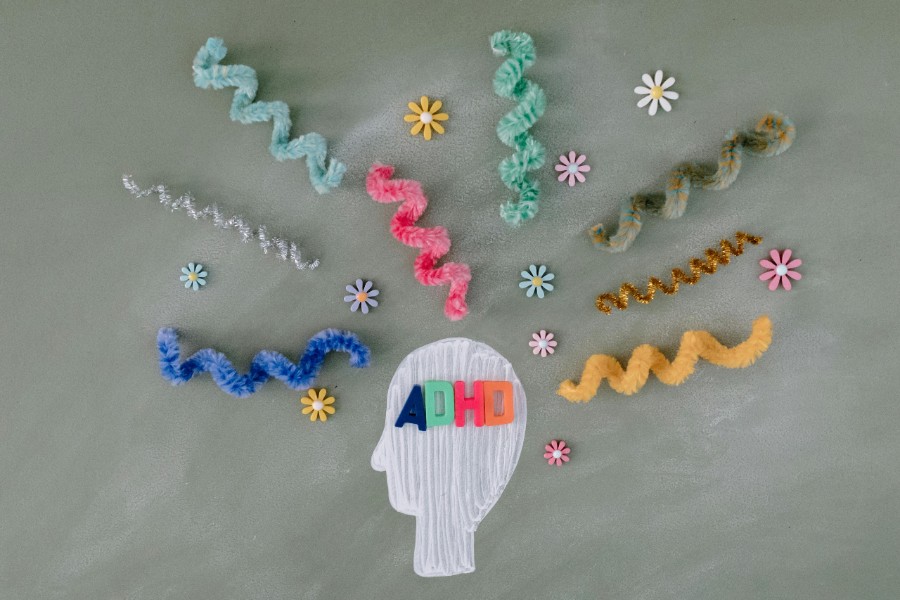
Is increased automation making us lonelier?
Self-service via automation is increasing. Does it matter?
I spoke with Jenny Tucker at the Telegraph for her piece this weekend on automation more generally and its impact on loneliness, connection and mental health in the more immediate context of the closure of rail ticket offices.
I said: "In the last ten years, we have seen an increasing number of people across the western world reporting symptoms of poor mental health. Loneliness is on the rise too. Plus, the percentage of men with at least six close friends has fallen by half since 1990. It’s impossible to ignore the correlation between this evidence and the increasingly automated environment.
Much of my work as a psychotherapist is about supporting people to manage things that are very difficult for them to do. And, if you’re suffering from social anxiety, the best solution is to gradually increase the amount of time you have with other people while trying to deal with the overload you might feel. The trouble with automation is that these skills are not being practised as much as they used to be. The next generation is likely to find it harder to engage in small talk or cope with confrontation.”
You can read the full piece here.
I'm generally a little sceptical about claims around technology and mental health. I'll write more about that soon, including the evidence around social media and mental health. But I do worry that we seem to want to design out of everyday life those random interactions with other humans such as at the shops or ticket office. We need to make sure we're not avoiding too often those situations that take us out of our comfort zones, or situations that could lead to lovely connections with others, even tiny little chats that brighten up our day.

Crazy In Love: recent podcast episodes
.webp)



